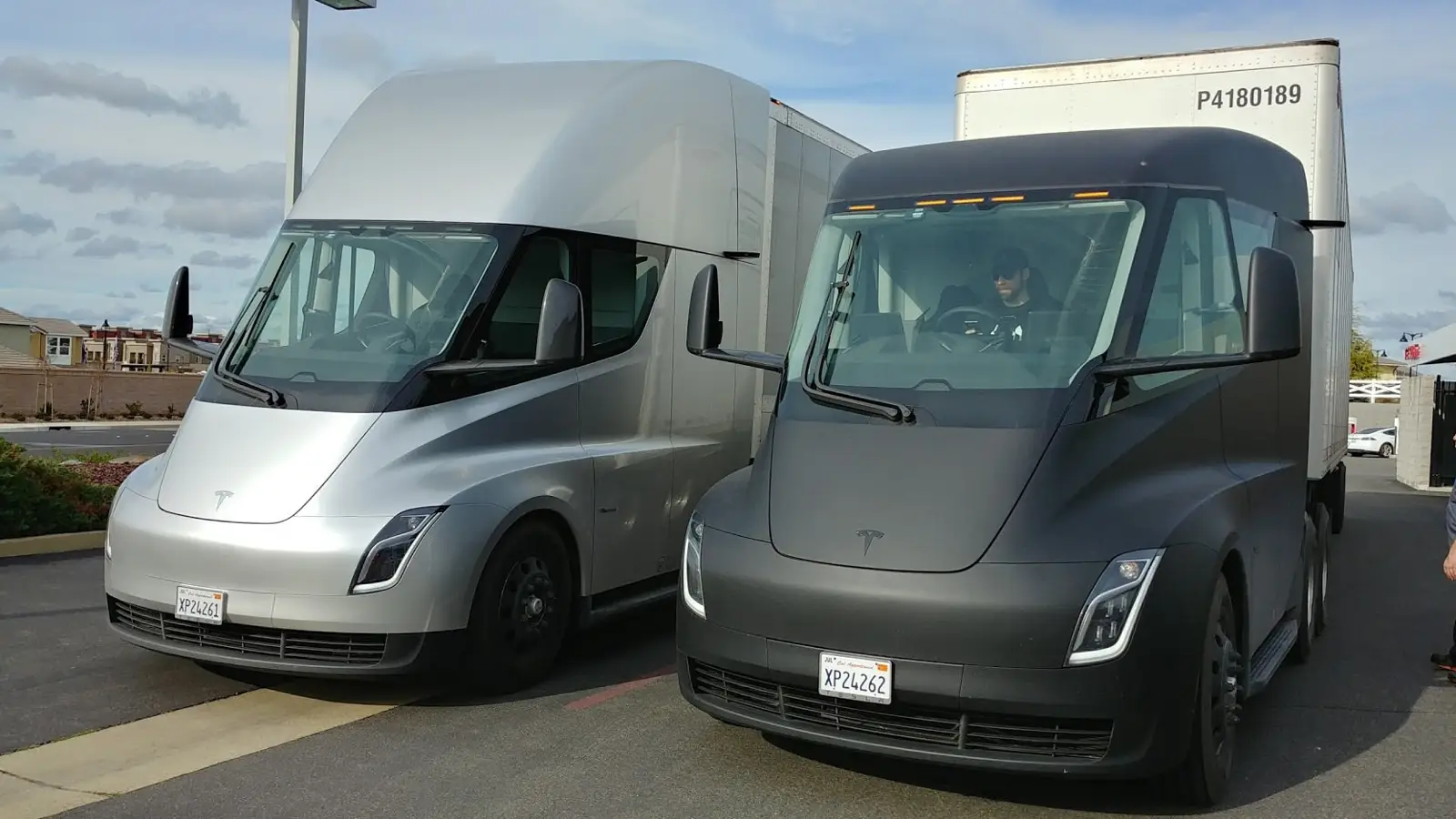Tesla Semi delays mount as price soars past expectations

Tesla Semi hits new roadblocks with production delays and price doubling, prompting Ryder to cut orders. Full story and implications here.
The Tesla Semi is once again under the spotlight — and not for the reasons the company might have hoped. The electric Class 8 truck, first unveiled in 2017 with promises of a transportation revolution, is facing new setbacks and a steep price increase.
Ryder, one of Tesla’s early partners, has requested a 28-month extension from California’s Mobile Source Air Pollution Reduction Review Committee (MSRC). The reasons cited include delays in product design, vehicle production, and what Ryder describes as "dramatic changes to Tesla product economics." In other words, the cost of the electric truck appears to have skyrocketed well beyond early expectations.
Originally set to purchase 42 trucks, Ryder has now reduced its order to just 18 while maintaining a private funding commitment of $7.5 million. This points to an average per-unit cost of around $415,000 — a stark contrast to Tesla’s original target price of $180,000 for the 500-mile model. By comparison, traditional diesel-powered Class 8 trucks range from $150,000 to $220,000, and electric competitors like the Freightliner eCascadia and Volvo VNR Electric are priced for regional use and typically come in lower.
Tesla, for its part, insists there has been "no change to schedule," according to Semi program lead Dan Priestley. However, the company has not addressed specific concerns raised by Ryder, leaving many questions unanswered. Meanwhile, construction of a dedicated Tesla Semi production facility adjacent to Gigafactory Nevada is actively underway, with the external structure reportedly completed by early 2025.
Production volume remains limited. As of early 2024, Tesla had delivered approximately 36 units to external clients, including PepsiCo, while another 100 were reportedly retained for internal use. No other customers beyond Ryder have publicly commented on delays or pricing issues.
If Tesla fails to scale production and restore pricing competitiveness soon, the Semi risks being a niche solution rather than the transformative force it was meant to be — both for the trucking industry and for emissions reduction goals.
Mark Havelin
2025, Apr 05 16:45


